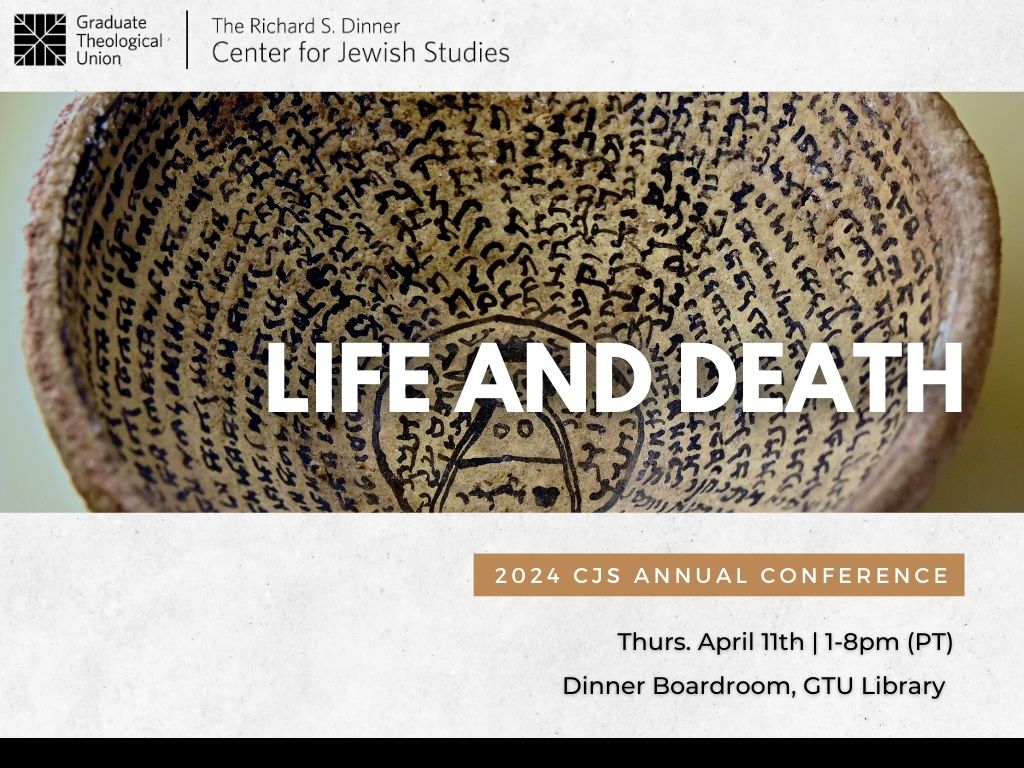
As living creatures, we inhabit the uncertain terrain between life and death, taking part in the constant ebb and flow of life, the coming together and coming apart that is the human condition. How do we inhabit this realm, the realm between solution and dissolution, between birth and breakdown? How do we experience the terrible fragility of being human? What perspectives do we generate that shield us from its implications, and what perspectives draw us more deeply into the vulnerable aspects of life? As mortal beings, how do we grapple with the horrors of war, violence, as well as the ecological crisis unfolding before our eyes?
Please join us for a day of papers and conversation on the very weighty and painful matters of life, death, war and conflict, in the context of Jewish history and the history of Jewish thought.
Registration for In-Person | Registration for Livestream
Schedule
1:00-2:45pm — Discursive Afterlives
- Eva Mroczek (UC Davis): "Before After Hurban: Time, Lament, and Moral Injury During Catastophe"
- Daniel Boyarin (UC Berkeley): "‘Give me Libertas or Give me Death?’ On the Ambivalence of Josephus”
- Sven-Erik Rose (UC Davis): “Ethics in Extremis in the Warsaw Ghetto Writings of Yitskhok Bernshteyn”
- Emily Gottreich (UC Berkeley): “Jewish Ghosts in the Arab Gulf”
Chair: Sam Shonkoff (GTU)
3:00-4:20 — Death and Dissolution
- Roni Masel (UC Berkeley): “Don’t Read This Book, Burn It: Misreading the Catastrophe and Jewish Literary Modernity”
- Joel Beinin (Stanford): “Settler Colonialisms and Deadly Violence”
- Sam Shonkoff (GTU): “Assimilation, Sovereignty, Diaspora: The Politics of ‘Mystical Death’ from a Jewish Perspective”
Chair: Deena Aranoff (GTU)
4:35-5:55 — To Life
- Ari Kelman (Stanford): “Learning to Live in the Future”
- Deena Aranoff (GTU): “Jewish Ritual and Life Formation”
- David Biale: (UC Davis): “We Await Eternity as it Approaches”
Chair: Charlotte Fonrobert (Stanford)
6:00–7:00 — Dinner reception
7:00pm: Keynote
- Sarah Abrevaya Stein (UCLA): “Swimming Through History”
Presiding: Ethan Katz (UC Berkeley)
Participants:
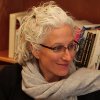 Deena Aranoff is Faculty Director of the Richard S. Dinner Center for Jewish Studies at the Graduate Theological Union in Berkeley, CA. She teaches rabbinic literature, medieval patterns of Jewish thought, and the broader question of continuity and change in Jewish history. Her recent publications engage with the subject of childcare, maternity and the making of Jewish culture.
Deena Aranoff is Faculty Director of the Richard S. Dinner Center for Jewish Studies at the Graduate Theological Union in Berkeley, CA. She teaches rabbinic literature, medieval patterns of Jewish thought, and the broader question of continuity and change in Jewish history. Her recent publications engage with the subject of childcare, maternity and the making of Jewish culture.
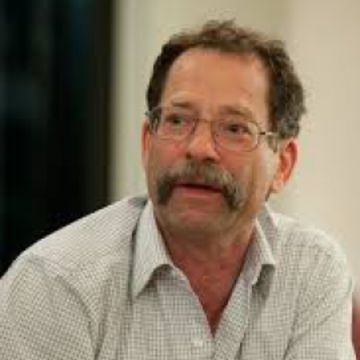 Joel Beinin is the Donald J. McLachlan Professor of History and Professor of Middle East History, Emeritus at Stanford University. He received his Ph.D. from the University of Michigan in 1982 before coming to Stanford in 1983. Beinin’s research and writing focus on the social and cultural history and political economy of modern Egypt, Palestine, and Israel and on US policy in the Middle East. He has written or edited twelve books, most recently A Critical Political Economy of the Middle East and North Africa (Stanford University Press, 2020) co-edited with Bassam Haddad and Sherene Seikaly; Workers and Thieves: Labor Movements and Popular Uprisings in Tunisia and Egypt (Stanford University Press, 2015); and Social Movements, Mobilization, and Contestation in the Middle East and North Africa, 2nd edition (Stanford University Press, 2013) co-edited with Frédéric Vairel.
Joel Beinin is the Donald J. McLachlan Professor of History and Professor of Middle East History, Emeritus at Stanford University. He received his Ph.D. from the University of Michigan in 1982 before coming to Stanford in 1983. Beinin’s research and writing focus on the social and cultural history and political economy of modern Egypt, Palestine, and Israel and on US policy in the Middle East. He has written or edited twelve books, most recently A Critical Political Economy of the Middle East and North Africa (Stanford University Press, 2020) co-edited with Bassam Haddad and Sherene Seikaly; Workers and Thieves: Labor Movements and Popular Uprisings in Tunisia and Egypt (Stanford University Press, 2015); and Social Movements, Mobilization, and Contestation in the Middle East and North Africa, 2nd edition (Stanford University Press, 2013) co-edited with Frédéric Vairel.
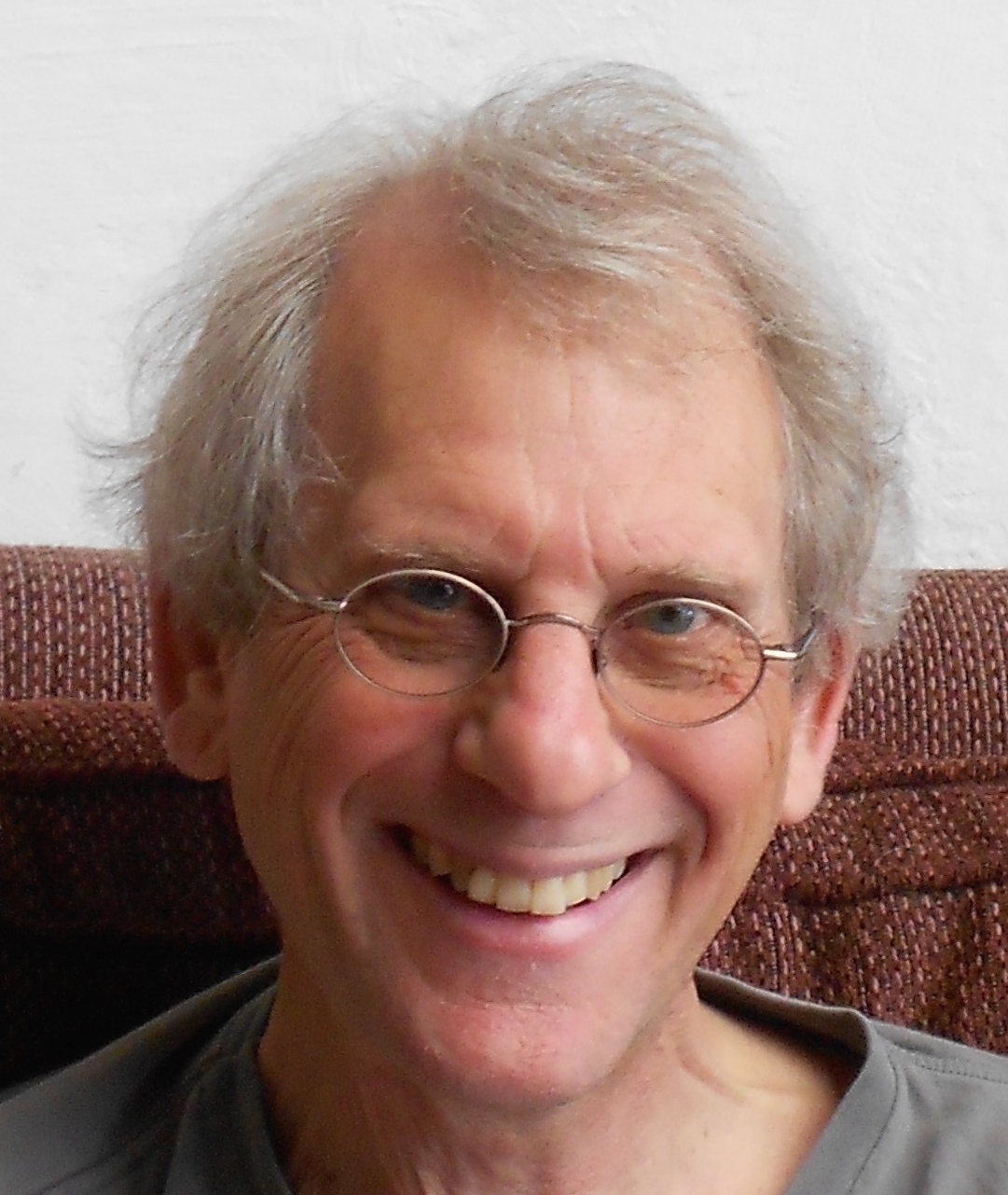 David Biale is Emanuel Ringelblum Distinguished Professor Emeritus of Jewish History at the University of California, Davis. He was educated at Harvard University, UC Berkeley, the Hebrew University and UCLA. He is the author co-author of seven books, including Hasidism: A New History and Gershom Scholem: Master of the Kabbalah. His most recent book is a collection of his essays, entitled Jewish Culture Between Canon and Heresy. He is also the editor four other books, including Cultures of the Jews: A New History. His books have won the National Jewish Book Award three times. In 2011, he won the UC Davis Prize for Undergraduate Teaching and Scholarly Achievement.
David Biale is Emanuel Ringelblum Distinguished Professor Emeritus of Jewish History at the University of California, Davis. He was educated at Harvard University, UC Berkeley, the Hebrew University and UCLA. He is the author co-author of seven books, including Hasidism: A New History and Gershom Scholem: Master of the Kabbalah. His most recent book is a collection of his essays, entitled Jewish Culture Between Canon and Heresy. He is also the editor four other books, including Cultures of the Jews: A New History. His books have won the National Jewish Book Award three times. In 2011, he won the UC Davis Prize for Undergraduate Teaching and Scholarly Achievement.
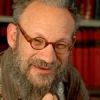 Daniel Boyarin is Taubman Professor of Talmudic Culture and Rhetoric at the University of California Berkeley. He has been, among other things, an NEH Fellow (twice), a Guggenheim Fellow, a Fellow of the Institute for Advanced Studies in Jerusalem, a holder of the Berlin Prize at the American Academy in Berlin and a Ford Foundation Fellow. He is a fellow of the American Academy of Arts and Sciences since 2006.
Daniel Boyarin is Taubman Professor of Talmudic Culture and Rhetoric at the University of California Berkeley. He has been, among other things, an NEH Fellow (twice), a Guggenheim Fellow, a Fellow of the Institute for Advanced Studies in Jerusalem, a holder of the Berlin Prize at the American Academy in Berlin and a Ford Foundation Fellow. He is a fellow of the American Academy of Arts and Sciences since 2006.
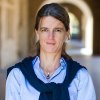 Charlotte Fonrobert is Associate Professor of Jewish Studies at Stanford University where she specializes in Judaism: talmudic literature and culture. Her interests include gender in Jewish culture; the relationship between Judaism and Christianity in Late Antiquity; the discourses of orthodoxy versus heresy; the connection between religion and space; and rabbinic conceptions of Judaism with respect to Greco-Roman culture. She is the author of Menstrual Purity: Rabbinic and Christian Reconstructions of Biblical Gender (2000), which won the Salo Baron Prize for a best first book in Jewish Studies of that year and was a finalist for the National Jewish Book Award in Jewish Scholarship. She also co-edited The Cambridge Companion to the Talmud and Rabbinic Literature (2007), together with Martin Jaffee (University of Washington).
Charlotte Fonrobert is Associate Professor of Jewish Studies at Stanford University where she specializes in Judaism: talmudic literature and culture. Her interests include gender in Jewish culture; the relationship between Judaism and Christianity in Late Antiquity; the discourses of orthodoxy versus heresy; the connection between religion and space; and rabbinic conceptions of Judaism with respect to Greco-Roman culture. She is the author of Menstrual Purity: Rabbinic and Christian Reconstructions of Biblical Gender (2000), which won the Salo Baron Prize for a best first book in Jewish Studies of that year and was a finalist for the National Jewish Book Award in Jewish Scholarship. She also co-edited The Cambridge Companion to the Talmud and Rabbinic Literature (2007), together with Martin Jaffee (University of Washington).
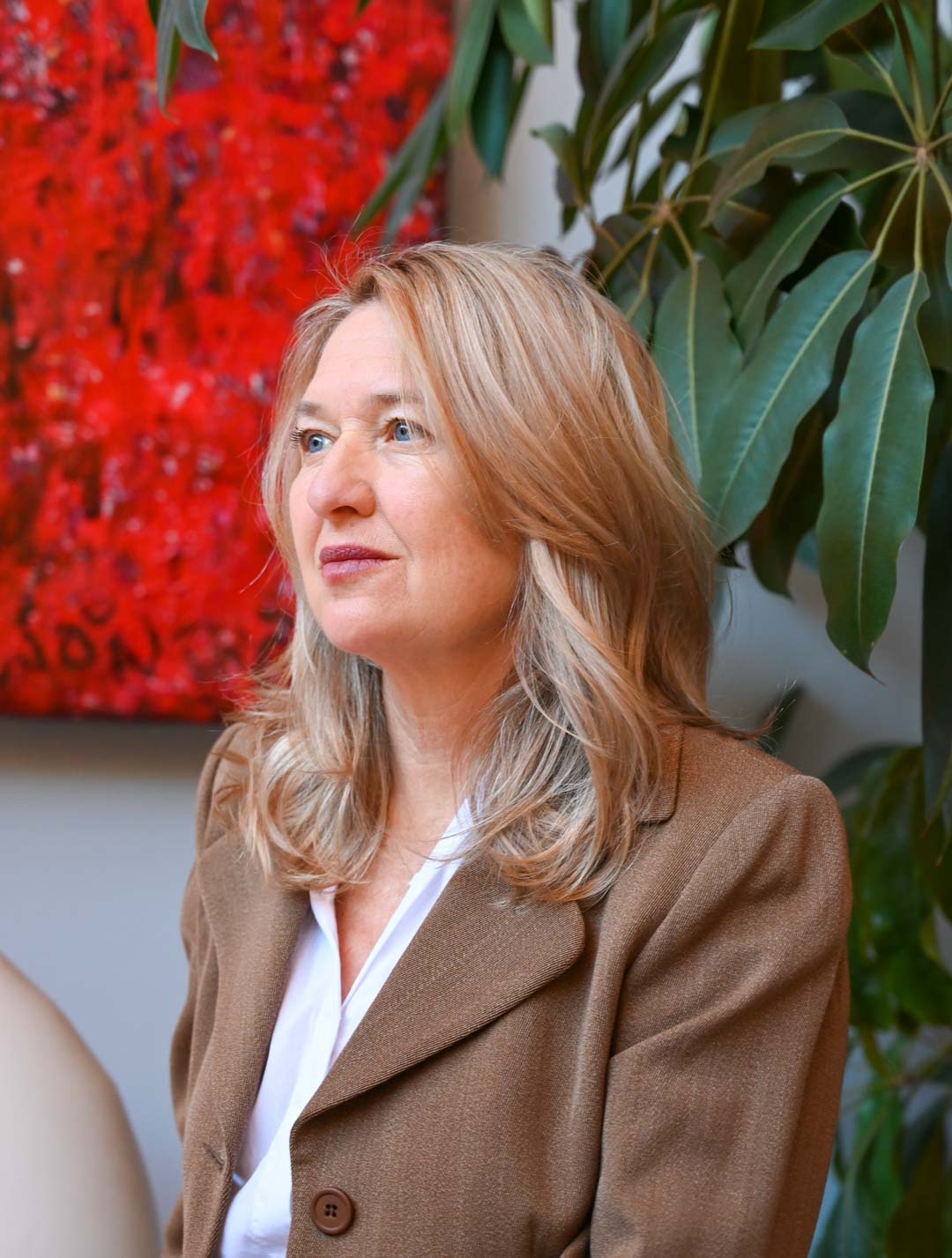 Emily Gottreich is a World historian specializing in Middle Eastern, North African, and Jewish history with a focus on Jewish-Muslim relations in Morocco and the broader Arab-Islamic world. She received her BA in Middle Eastern Studies from UC Berkeley and her MA and PhD in Middle Eastern Studies and History from Harvard University. She serves as Adjunct Professor of Global Studies at U.C. Berkeley, with faculty affiliations in the Departments of History and Middle Eastern Languages and Cultures. From 2014-2020 Gottreich served as Chair of U.C. Berkeley’s Title VI Center for Middle Eastern Studies, where she is currently a Senior Research Scholar. Her publications include The Mellah of Marrakech: Jewish and Muslim Space in Morocco’s Red City (Indiana University Press: 2007), published in French translation by the University of Mohammed V Press in Rabat in 2016; and co-editor with Daniel Schroeter of Jewish Culture and Society in North Africa (Indiana University Press: 2011). Her most recent book is Jewish Morocco: A History from Pre-Islamic to Post Colonial Times (London: I.B. Tauris, 2020).
Emily Gottreich is a World historian specializing in Middle Eastern, North African, and Jewish history with a focus on Jewish-Muslim relations in Morocco and the broader Arab-Islamic world. She received her BA in Middle Eastern Studies from UC Berkeley and her MA and PhD in Middle Eastern Studies and History from Harvard University. She serves as Adjunct Professor of Global Studies at U.C. Berkeley, with faculty affiliations in the Departments of History and Middle Eastern Languages and Cultures. From 2014-2020 Gottreich served as Chair of U.C. Berkeley’s Title VI Center for Middle Eastern Studies, where she is currently a Senior Research Scholar. Her publications include The Mellah of Marrakech: Jewish and Muslim Space in Morocco’s Red City (Indiana University Press: 2007), published in French translation by the University of Mohammed V Press in Rabat in 2016; and co-editor with Daniel Schroeter of Jewish Culture and Society in North Africa (Indiana University Press: 2011). Her most recent book is Jewish Morocco: A History from Pre-Islamic to Post Colonial Times (London: I.B. Tauris, 2020).
Etha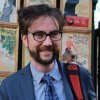 n Katz is Associate Professor in the Department of History and the Center for Jewish Studies. He is a historian of modern Europe and the Mediterranean, with specialties in modern Jewish history and the history of modern France and its empire. His major publications include The Burdens of Brotherhood: Jews and Muslims from North Africa to France (Harvard, 2015) (winner of a number of honors including the National Jewish Book Award); Secularism in Question: Jews and Judaism in Modern Times, co-edited with Ari Joskowicz (UPenn, 2015) and Colonialism and the Jews (Indiana, 2017), co-edited with Lisa Moses Leff and Maud S. Mandel.
n Katz is Associate Professor in the Department of History and the Center for Jewish Studies. He is a historian of modern Europe and the Mediterranean, with specialties in modern Jewish history and the history of modern France and its empire. His major publications include The Burdens of Brotherhood: Jews and Muslims from North Africa to France (Harvard, 2015) (winner of a number of honors including the National Jewish Book Award); Secularism in Question: Jews and Judaism in Modern Times, co-edited with Ari Joskowicz (UPenn, 2015) and Colonialism and the Jews (Indiana, 2017), co-edited with Lisa Moses Leff and Maud S. Mandel.
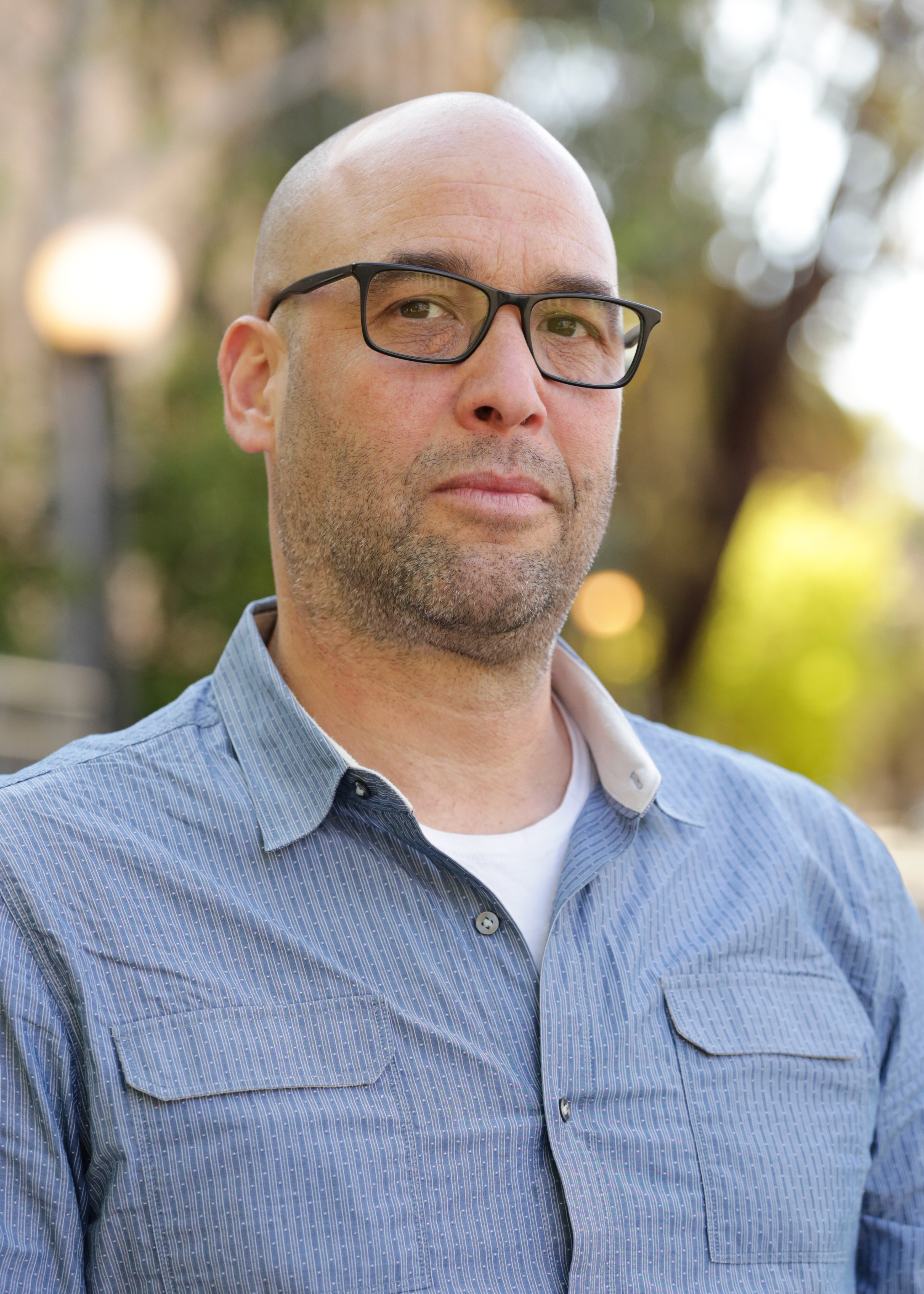 Ari Y Kelman is the Jim Joseph Professor of Education and Jewish Studies in the Stanford Graduate School of Education. Kelman's research focuses on the forms and practices of religious knowledge transmission, and he is an expert in the social scientific study of American Jewry. He is the author of Jewish Education (Rutgers 2024) in Rutgers' Keywords in Jewish Studies Series. He is also the author of Shout to the Lord: Making Worship Music in Evangelical America (NYU 2018) and Station Identification: A Cultural History of Yiddish Radio (California, 2009). He is the co-editor (with Jon Levisohn) of Beyond Jewish Identity (2019: Academic Studies Press), the editor of Is Diss a System?: A Milt Gross Comic Reader (NYU, 2010), co-author of Sacred Strategies: Transforming Synagogues from Functional to Visionary (Alban Institute, 2011). Recently, his research has focused on the racial and ethnic identities of American Jews, the politics of American Jewish demography, and the question of how people learn to be Jewish. In 2022, Professor Kelman led the Task Force on the Jewish Experience at Stanford which surfaced evidence of antisemitism in Stanford Admissions during the 1950s.
Ari Y Kelman is the Jim Joseph Professor of Education and Jewish Studies in the Stanford Graduate School of Education. Kelman's research focuses on the forms and practices of religious knowledge transmission, and he is an expert in the social scientific study of American Jewry. He is the author of Jewish Education (Rutgers 2024) in Rutgers' Keywords in Jewish Studies Series. He is also the author of Shout to the Lord: Making Worship Music in Evangelical America (NYU 2018) and Station Identification: A Cultural History of Yiddish Radio (California, 2009). He is the co-editor (with Jon Levisohn) of Beyond Jewish Identity (2019: Academic Studies Press), the editor of Is Diss a System?: A Milt Gross Comic Reader (NYU, 2010), co-author of Sacred Strategies: Transforming Synagogues from Functional to Visionary (Alban Institute, 2011). Recently, his research has focused on the racial and ethnic identities of American Jews, the politics of American Jewish demography, and the question of how people learn to be Jewish. In 2022, Professor Kelman led the Task Force on the Jewish Experience at Stanford which surfaced evidence of antisemitism in Stanford Admissions during the 1950s.
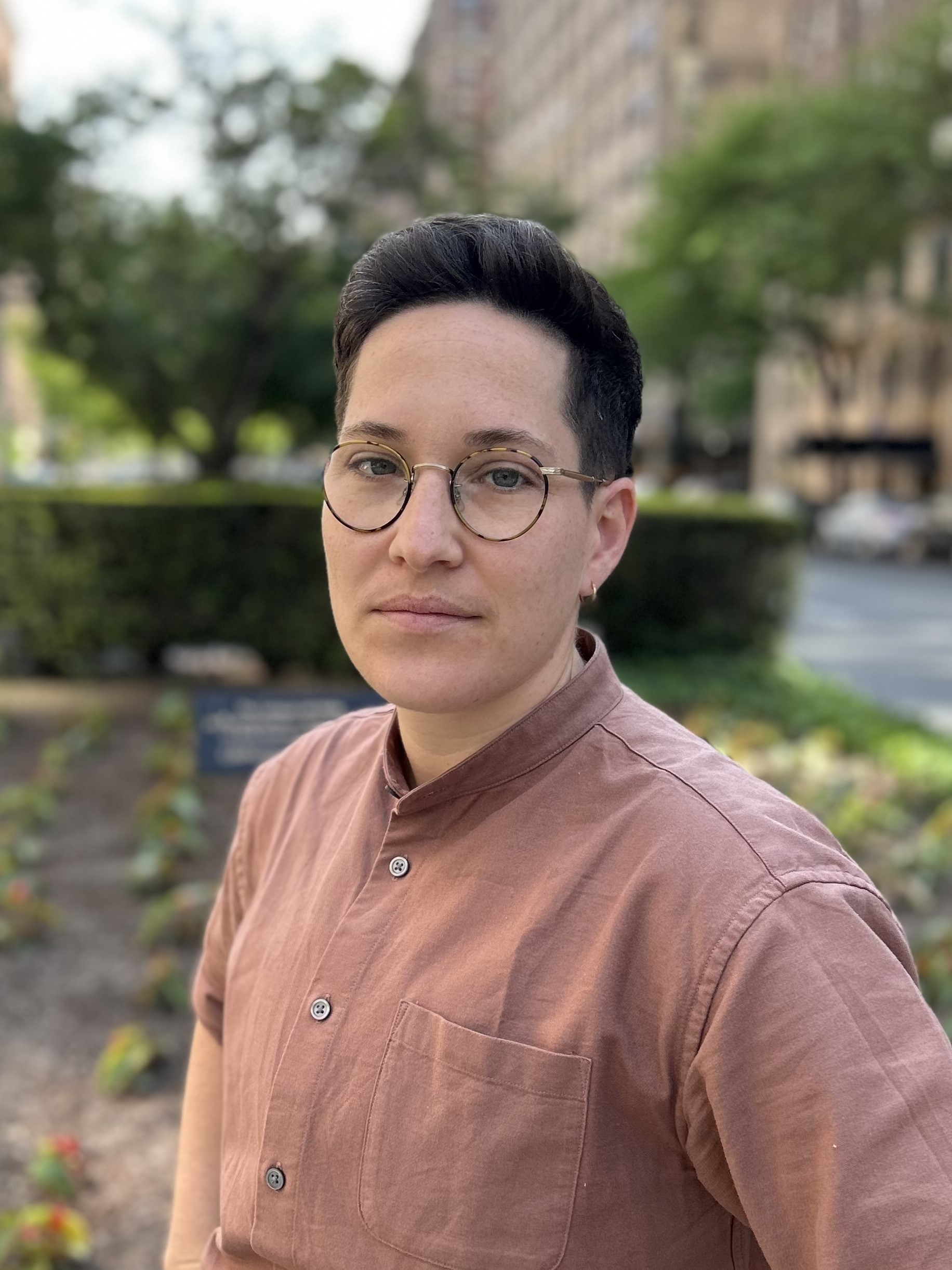 Roni Masel is Assistant Professor of Comparative Literature at UC Berkeley. Masel is currently completing a book manuscript titled Bad Readers: Misreading, Mistranslation, and Other Textual Malpractices in Hebrew and Yiddish, which explores Jewish literatures in Eastern Europe from the perspective of reading and para-literacy, nationalism and dissent. A new project, tentatively titled “Yiddish Empires: Visions of Race and the Global in Modern Yiddish Culture,” considers works of literature and philology to examine a globalizing Yiddish culture in the twentieth century between Europe, North America, and South Africa.
Roni Masel is Assistant Professor of Comparative Literature at UC Berkeley. Masel is currently completing a book manuscript titled Bad Readers: Misreading, Mistranslation, and Other Textual Malpractices in Hebrew and Yiddish, which explores Jewish literatures in Eastern Europe from the perspective of reading and para-literacy, nationalism and dissent. A new project, tentatively titled “Yiddish Empires: Visions of Race and the Global in Modern Yiddish Culture,” considers works of literature and philology to examine a globalizing Yiddish culture in the twentieth century between Europe, North America, and South Africa.
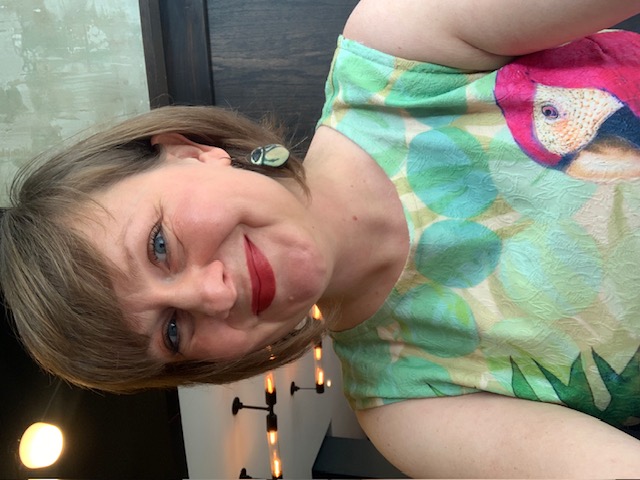 Eva Mroczek studies premodern Jewish ideas about texts and writing. Her first book, The Literary Imagination in Jewish Antiquity, explored how early Jews conceptualized their sacred literature before the concept of a biblical canon had emerged. Her second book, Out of the Cave: the Possibility of a New Biblical Past, about manuscript discovery narratives as a durable theological and literary genre, is expected to appear next year, and her new project is a guide to imaginary books in ancient and medieval Judaism. Currently Associate Professor of Premodern Judaism at UC Davis, she will take up the Simon and Riva Spatz Chair in Jewish Studies at Dalhousie University in Halifax, Nova Scotia, this summer.
Eva Mroczek studies premodern Jewish ideas about texts and writing. Her first book, The Literary Imagination in Jewish Antiquity, explored how early Jews conceptualized their sacred literature before the concept of a biblical canon had emerged. Her second book, Out of the Cave: the Possibility of a New Biblical Past, about manuscript discovery narratives as a durable theological and literary genre, is expected to appear next year, and her new project is a guide to imaginary books in ancient and medieval Judaism. Currently Associate Professor of Premodern Judaism at UC Davis, she will take up the Simon and Riva Spatz Chair in Jewish Studies at Dalhousie University in Halifax, Nova Scotia, this summer.
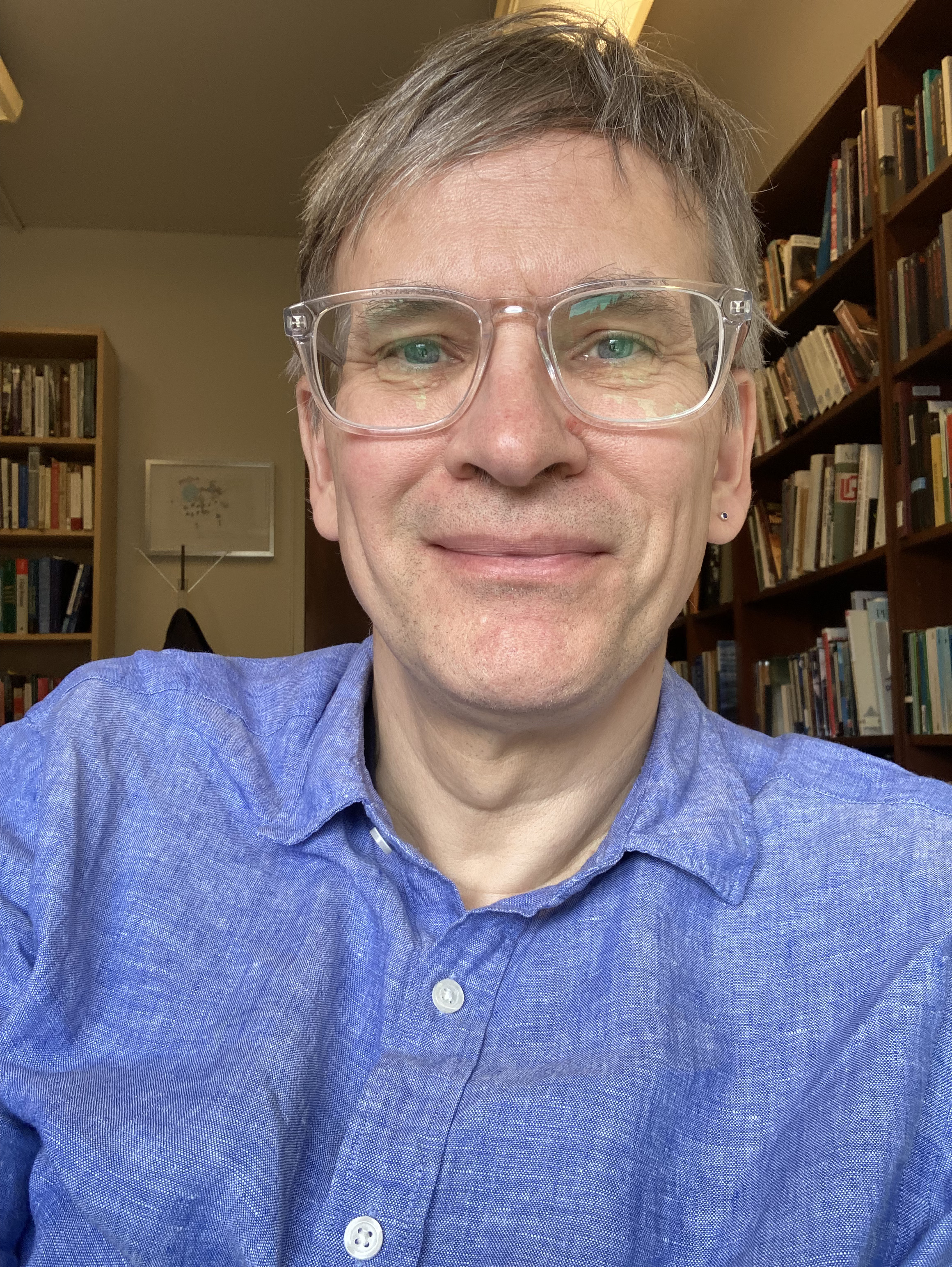 Sven-Erik Rose directs the Program in Jewish Studies at UC Davis, where he teaches in German, Comparative Literature, and Jewish Studies. His scholarship focuses primarily on German-Jewish intellectual history and literature from the 18th century to the present, and on literature of the Holocaust in German, Yiddish and French. His book Jewish Philosophical Politics in Germany, 1789–1848 (Brandeis University Press, 2014) received the 2015 Jordan Schnitzer Book Award from the Association for Jewish Studies in the category of Philosophy and Jewish Thought. His recently completed book MS Making and Unmaking Literature in the Warsaw, Lodz, and Vilna Ghettos is currently under review.
Sven-Erik Rose directs the Program in Jewish Studies at UC Davis, where he teaches in German, Comparative Literature, and Jewish Studies. His scholarship focuses primarily on German-Jewish intellectual history and literature from the 18th century to the present, and on literature of the Holocaust in German, Yiddish and French. His book Jewish Philosophical Politics in Germany, 1789–1848 (Brandeis University Press, 2014) received the 2015 Jordan Schnitzer Book Award from the Association for Jewish Studies in the category of Philosophy and Jewish Thought. His recently completed book MS Making and Unmaking Literature in the Warsaw, Lodz, and Vilna Ghettos is currently under review.
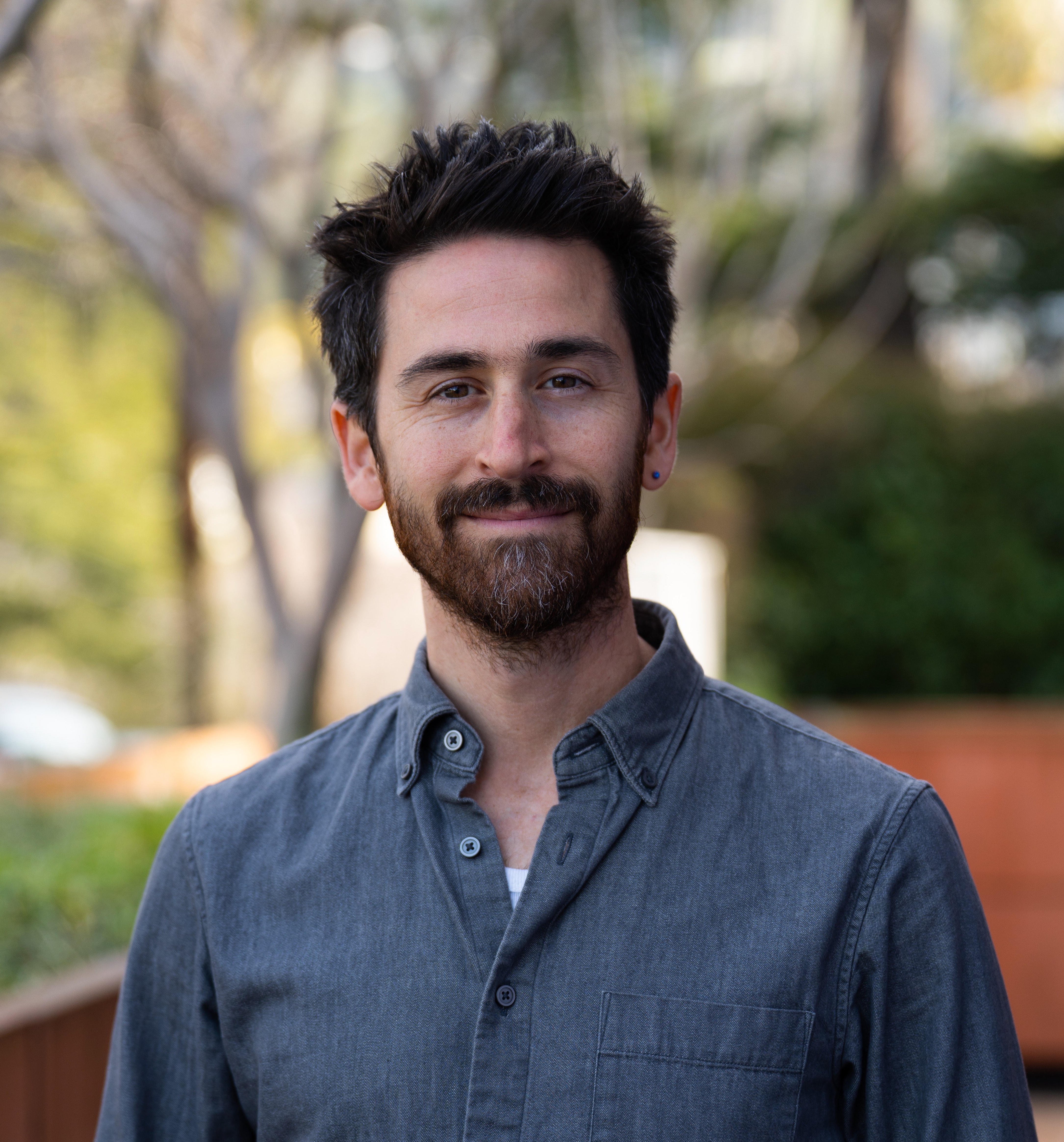 Sam S.B. Shonkoff is the Taube Family Assistant Professor of Jewish Studies at the GTU, where he teaches on Jewish religious thought, modern Jewish cultures, and methods in theology, ethics, and the historical-cultural study of religions. His research focuses primarily on German-Jewish thought and Hasidism, as well as appropriations of Hasidic spirituality in relatively secular spheres. Shonkoff’s current book project investigates themes of embodiment in Martin Buber’s representations of Hasidism vis-à-vis the original sources. He is co-editor with Ariel Evan Mayse of Hasidism: Writings on Devotion, Community and Life in the Modern World (Brandeis University Press, 2020) and the editor of Martin Buber: His Intellectual and Scholarly Legacy (Brill, 2018).
Sam S.B. Shonkoff is the Taube Family Assistant Professor of Jewish Studies at the GTU, where he teaches on Jewish religious thought, modern Jewish cultures, and methods in theology, ethics, and the historical-cultural study of religions. His research focuses primarily on German-Jewish thought and Hasidism, as well as appropriations of Hasidic spirituality in relatively secular spheres. Shonkoff’s current book project investigates themes of embodiment in Martin Buber’s representations of Hasidism vis-à-vis the original sources. He is co-editor with Ariel Evan Mayse of Hasidism: Writings on Devotion, Community and Life in the Modern World (Brandeis University Press, 2020) and the editor of Martin Buber: His Intellectual and Scholarly Legacy (Brill, 2018).
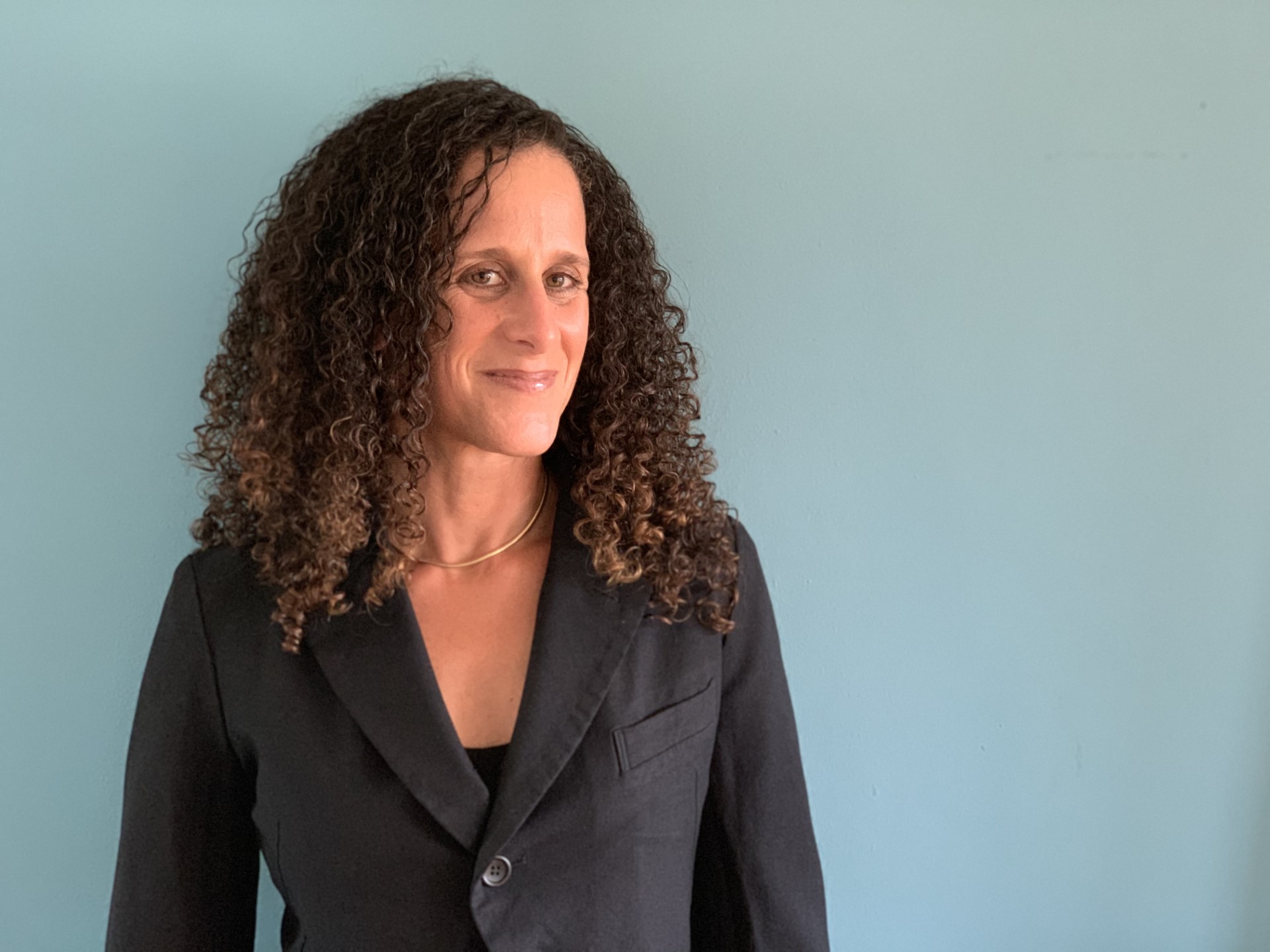 Sarah Abrevaya Stein is the Sady and Ludwig Kahn Director of the Alan D. Leve Center for Jewish Studies, as well as Professor of History and the Viterbi Family Chair in Mediterranean Jewish Studies at UCLA. She is the author or editor of ten books, including, most recently, Wartime North Africa: a Documentary History, 1934-1950 (Stanford University Press, co-authored with Aomar Boum, granted the Best Historical Materials award by the American Library Association (2023) and AJL Judaica Reference Award by the Association for Jewish Libraries (2023), and Family Papers, a Sephardic Journey Through the Twentieth Century (Farrar, Straus, & Giroux 2019), named a Best Book of 2019 by The Economist and an Editor’s Choice Book by the New York Times Book Review. The recipient of the Sami Rohr Prize for Jewish Literature, two National Endowment for the Humanities Fellowships, a Guggenheim Fellowship, and multiple National Jewish Book Awards, Stein lives and surfs in Santa Monica, CA.
Sarah Abrevaya Stein is the Sady and Ludwig Kahn Director of the Alan D. Leve Center for Jewish Studies, as well as Professor of History and the Viterbi Family Chair in Mediterranean Jewish Studies at UCLA. She is the author or editor of ten books, including, most recently, Wartime North Africa: a Documentary History, 1934-1950 (Stanford University Press, co-authored with Aomar Boum, granted the Best Historical Materials award by the American Library Association (2023) and AJL Judaica Reference Award by the Association for Jewish Libraries (2023), and Family Papers, a Sephardic Journey Through the Twentieth Century (Farrar, Straus, & Giroux 2019), named a Best Book of 2019 by The Economist and an Editor’s Choice Book by the New York Times Book Review. The recipient of the Sami Rohr Prize for Jewish Literature, two National Endowment for the Humanities Fellowships, a Guggenheim Fellowship, and multiple National Jewish Book Awards, Stein lives and surfs in Santa Monica, CA.
This event is co-sponsored by the UC Berkeley Center for Jewish Studies.

